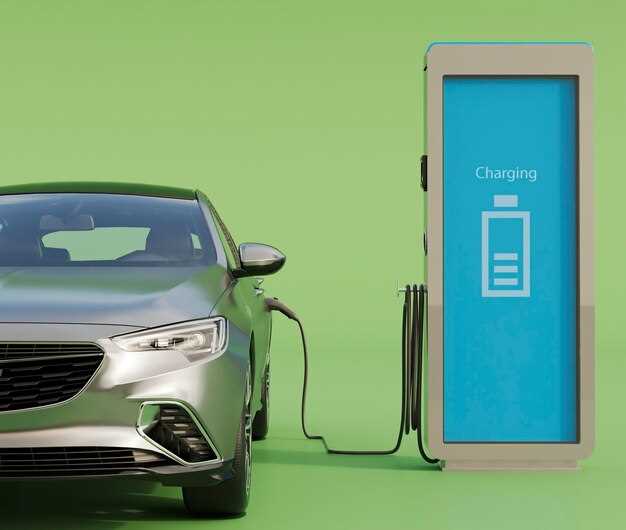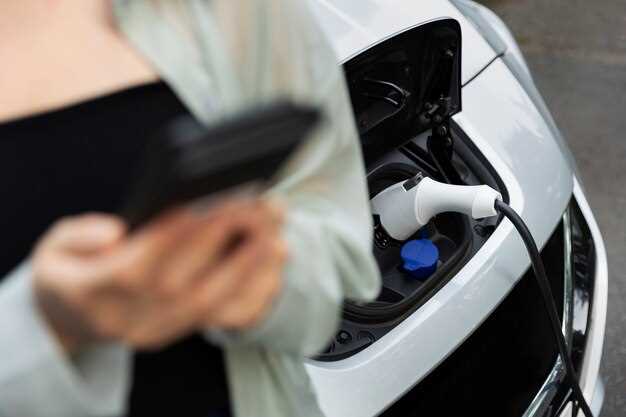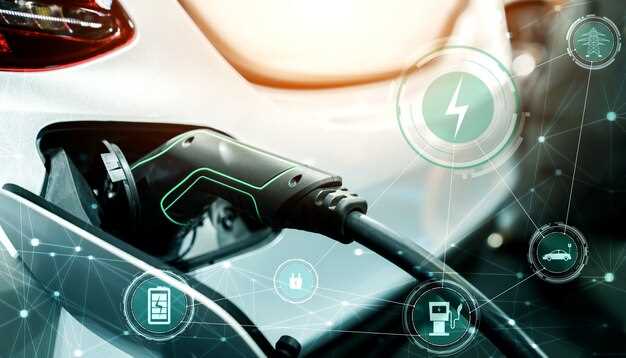
The automotive industry is undergoing a significant transformation with the advent of alternative energy technologies. Among the most discussed options are hydrogen fuel cell vehicles and electric cars (EVs). Both of these technologies present unique benefits and challenges, making it crucial to analyze their effectiveness and viability in the modern transportation landscape.
Electric vehicles rely on large batteries that store electrical energy, which powers an electric motor to drive the car. Conversely, hydrogen fuel cell vehicles generate electricity through a chemical reaction between hydrogen and oxygen, producing only water vapor as a byproduct. This fundamental difference in energy sourcing leads to various implications regarding efficiency, infrastructure, and environmental impact.
As governments worldwide aim for decreased carbon emissions, understanding the distinctions between hydrogen and electric technologies will help consumers and policymakers make informed decisions. The analysis of these two energy sources will highlight their respective advantages, technological advancements, and the road ahead for sustainable transportation.
Cost Comparison of Hydrogen Fuel Cell Vehicles and Electric Cars
The financial implications of owning hydrogen fuel cell vehicles (FCVs) versus electric vehicles (EVs) are significant and merit careful consideration. Both technologies represent progressive solutions for sustainable transportation, yet their cost structures differ markedly.
Initial Purchase Price
Hydrogen FCVs generally have higher initial purchase prices compared to EVs. This is largely due to the advanced technology used in fuel cells and the costs associated with hydrogen storage systems. On average, consumers can expect to pay several thousand dollars more for a new hydrogen vehicle than for a comparable electric car.
Fuel Costs
The cost of fueling is another critical factor. Hydrogen prices can fluctuate, and they tend to be higher than electricity costs, particularly in regions with limited infrastructure. In comparison, EVs benefit from a more established and often cheaper charging network, with costs varying based on local electricity rates. As a general rule, charging an electric car is more economical than refueling a hydrogen car.
Maintenance and Durability
When considering long-term ownership costs, maintenance expenses should be evaluated. Hydrogen vehicles often require specialized service due to their unique components, which can lead to higher maintenance costs. In contrast, electric cars have fewer moving parts, typically resulting in lower ongoing maintenance expenses. This advantage positions EVs as a more financially viable option over time.
Incentives and Rebates
Government incentives play a vital role in the overall cost comparison. Many regions offer tax credits and rebates for both FCVs and EVs, which can significantly offset the initial purchase price. However, the availability and amount of such incentives can vary, influencing the overall affordability of each vehicle type.
Resale Value
Finally, resale value should be considered. Currently, EVs tend to retain their value better than hydrogen fuel cell vehicles, partially due to increasing consumer acceptance and the expanding electric vehicle market. The perceived uncertainty surrounding hydrogen technology and infrastructure development can negatively impact the resale value of FCVs.
Ultimately, while hydrogen fuel cell vehicles present an innovative alternative to electric cars, the financial analysis reveals that electric vehicles often offer a more favorable total cost of ownership. Potential buyers should weigh these factors carefully, considering both immediate and long-term expenses before making a decision.
Infrastructure Availability for Hydrogen and Electric Vehicle Charging

The development of infrastructure for hydrogen fuel cell vehicles (FCVs) and electric vehicles (EVs) is crucial for their widespread adoption. Currently, charging stations for electric vehicles are much more prevalent than hydrogen refueling stations. This disparity plays a significant role in the comparison of the two technologies.
As of now, the global network for EV charging is expanding rapidly, driven by various initiatives from governments and private enterprises. Many urban areas have seen the installation of fast-charging stations, often located at convenient locations such as shopping centers and parking lots. This extensive network supports the daily usage of EVs, providing flexibility and reducing range anxiety among users.
In contrast, the hydrogen infrastructure is relatively limited. While countries like Japan and Germany have made strides in establishing hydrogen refueling stations, the total number of locations remains significantly lower than that of EV charging points. The challenge lies in the high costs associated with building hydrogen stations and the complexities of transporting hydrogen safely, which hinder wider adoption.
Despite these challenges, hydrogen refueling stations offer some advantages for users. Refueling a hydrogen vehicle typically takes only a few minutes, similar to conventional gasoline refueling, making it more convenient for long-distance travel. On the other hand, charging an electric vehicle can take from 30 minutes to several hours, depending on the type of charger.
In conclusion, while the current landscape favors electric vehicle infrastructure, the future of both hydrogen and EVs will depend on continued investment and development in their respective charging networks. The ongoing evaluation of infrastructure availability is essential for understanding how these technologies can coexist and complement each other in the transportation ecosystem.
Performance Metrics: Range, Refueling Time, and Maintenance

When considering the performance metrics of hydrogen fuel cell vehicles (FCVs) and electric vehicles (EVs), three key factors come into play: range, refueling time, and maintenance requirements. These elements significantly influence consumer choice and market adoption.
In terms of range, hydrogen FCVs generally offer a significant advantage. Most hydrogen vehicles can travel between 300 to 400 miles on a single tank of hydrogen, comparable to traditional gasoline vehicles. In contrast, many electric vehicles provide a range of 150 to 370 miles, depending on the model and battery capacity. While EV technology is advancing rapidly, this range limitation can be a deterrent for potential buyers, especially for those who undertake long-distance travel.
Refueling time is another critical comparison point. Hydrogen fuel cell vehicles can be refueled in approximately 3 to 5 minutes, similar to filling up a gasoline vehicle. This quick refueling process makes hydrogen a practical option for users who require fast turnaround times. Conversely, charging times for EVs can vary dramatically; while fast chargers can recharge a vehicle in about 30 minutes to an hour, standard home chargers often take several hours to fully charge an electric vehicle. This disparity in refueling convenience can have a significant impact on consumer experience and preference.
Maintenance requirements also play a vital role in the evaluation of hydrogen and electric vehicles. EVs generally have fewer moving parts and rely on electric motors, leading to lower maintenance costs over time. Brake wear is also reduced in EVs due to regenerative braking systems. On the other hand, hydrogen FCVs require regular maintenance of their fuel cell stacks and hydrogen storage tanks, which can be more complex and potentially costly. As a result, while both vehicle types offer low emissions, the long-term maintenance implications for hydrogen vehicles may be a consideration for buyers.
In summary, the comparison between hydrogen fuel cell vehicles and electric vehicles based on performance metrics such as range, refueling time, and maintenance showcases distinct advantages and challenges for each technology. Understanding these elements is essential for consumers making informed choices in the growing market of eco-friendly transportation.




